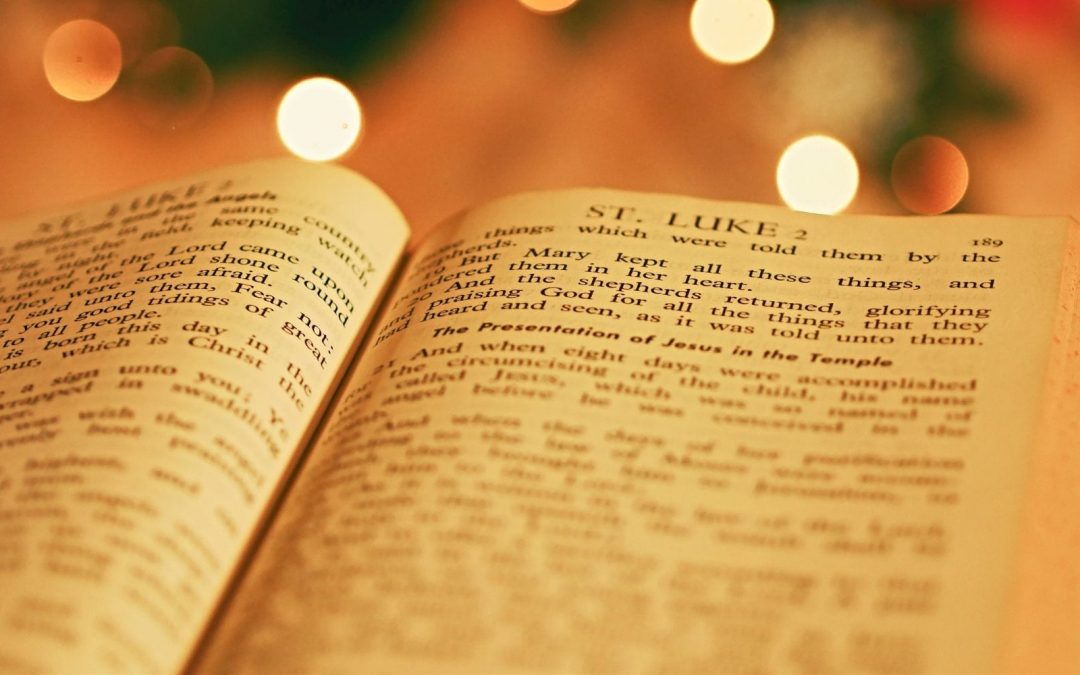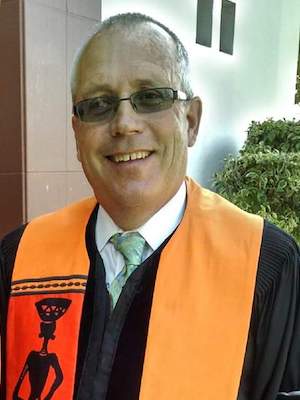The season of Advent and Christmas will be a season of great political importance in the U.S. this year.
Many will decry this, and I fully understand the desire for a season in which politics does not push every other concern to the sidelines.
Yet, as Merriam-Webster informs us, politics is both the “art and science of government” and the “total complex of relations between people living in society.”
In other words, as long as people are trying to relate to each other, there will be politics, even at Christmas.
This is not a new development. A quick review of the biblical texts central to Advent and Christmas (the list below is by no means comprehensive) shows that they are political.
They have to do with:
- Kings – “In the days of King Herod of Judea…” (Luke 1:50).
- Empires – “In those days, a decree went out from Emperor Augustus that all the world should be taxed” (Luke 2:1).
- Taxation – See above.
- The pursuit of noble ideals – “And on earth peace…” (Luke 2:14).
- Armies – “And suddenly, there was with the angel a multitude of the heavenly host…” (Luke 2:13). The heavenly host is literally an army of angels.
- The allocation of resources – “There was no room for them in the inn” (Luke 2:7).
- Regional differences – “Joseph also went from the town of Nazareth in Galilee to Judea” (Luke 2:4).
- Immigration – “Then Joseph got up, took the child and his mother by night and went to Egypt” (Matthew 2:14).
- Rumors and conspiracy theories – “When King Herod heard this, he was frightened, and all Jerusalem with him” (Matthew 2:3).
While the texts of Advent and Christmas are political, they are not partisan.
They do not the advance the view of any political party, they do not advance the cause of any single ruler, they do not support any one philosophy of government, and they privilege no national identity over another.
What these political texts do, however, is bring those who are consigned to the back row of society to the front.
They inform those who are frequently told they are nobody that they are, indeed, somebody.
For example, in a time when there was great prejudice against Nazarenes (“Can anything good come out of Nazareth?” John 1:46), it is clearly stated the Savior’s family comes from Nazareth.
In a time when shepherds were often regarded as nothing more than social outcasts and hardened criminals, shepherds are the first to learn of the Messiah’s birth.
In a time when people from the East (likely Persia) were thought of as sinister outsiders who sought to undermine traditional values, magi (astrologers) from the East came to worship Jesus, bringing the precious gifts of gold, frankincense and myrrh.
My point? Simply this: In surprising ways, politics, even at Christmas, can be a gift – a gift that lifts up those who have been kicked to the curb and brings down those who are filled with self-importance.
Senior pastor of Lakeshore Avenue Baptist Church in Oakland, California, since 1989, and a board member of BJC (Baptist Joint Committee for Religious Liberty).


